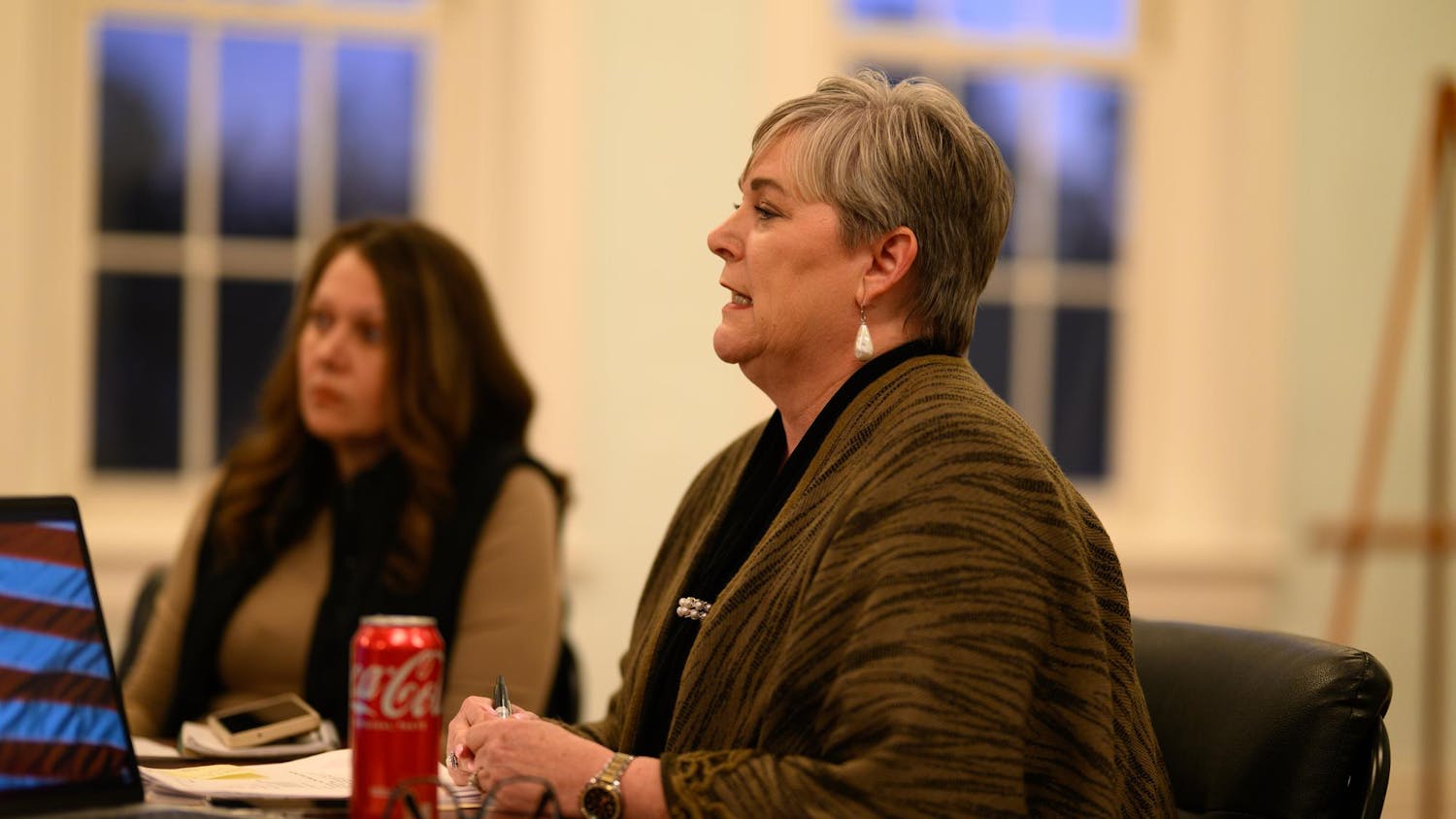Unity is the talk of the town in Denver this week. The Democrats have gone out of their way to try to demonstrate that their party has healed its rift in the months following the grueling primary battle between Sens. Barack Obama and Hillary Clinton.
On Tuesday and Wednesday, respectively, Sen. Clinton and her husband, former President Bill Clinton, took center stage in order to swear their allegiance to Obama, the new titular head of the party.
Media reports of disunity have been somewhat exaggerated. Surveys purporting to show that a large number of Clinton supporters will bolt from the party to vote for Sen. John McCain are most likely flawed. Clinton's delegates will mostly support Obama, despite the existence of a small splinter group known as the "PUMA Pack."
PUMA stands for "Party Unity My Ass," which represents the group's determination to continue to promote Clinton for president, despite Obama's nomination.
The constant talk of unity is testimony to its absence. The most immediate effect of disunity is not likely to be huge numbers of Democrats switching their votes to McCain, but it does influence the ability of the Democrats to mobilize resources and support for the fall election campaign.
Obama supporters tend to hold the view that Clinton has not shown Obama the respect that he deserves since becoming the nominee. Similarly, Clinton supporters tend to hold the view that Obama has not respected her. Both groups tend to believe that there are still hard feelings between the supporters of Obama and Clinton. As a result, Clinton supporters are less likely to help the party raise money and to get out the vote in the fall.
These hard feelings are augmented by attitudes toward Obama's vice presidential selection. Clinton delegates tend to be less supportive of the selection of Sen. Joseph Biden than are Obama's delegates.
While few of Obama's delegates believe that Clinton would have been a good choice for vice president, about half of Clinton's delegates wish that he had named her.
These divisions threaten the chances that the Democrats will reclaim the White House in November. Obama is unlikely to be able to win the general election with only 60 percent or 70 percent of his party behind him.
The dangers to the Democratic Party extend beyond the 2008 election. If Obama loses the election, and his loss is perceived to be due to lack of support from the Clinton wing of the party, resentment may linger for decades to come. Black Americans have been among the most loyal supporters of the Democratic Party since the 1960s.
If the party's base undercuts the chances of electing the nation's first black president, a long-term schism in the party would be possible, potentially preventing Democrats from recapturing the White House for a generation or more.
The only hope for the Democratic Party this year, and in years to come, is for Clinton's supporters to fully back Obama. They need to do more than just vote for him. They need to campaign and raise money for him. This support is especially needed in states such as Florida, which voted for Clinton in the primary and is expected to be a battleground state in the general election.
Michael T. Heaney is an assistant professor in UF's political science department. He wrote this column from the Democratic National Convention, where he is conducting poll research.





